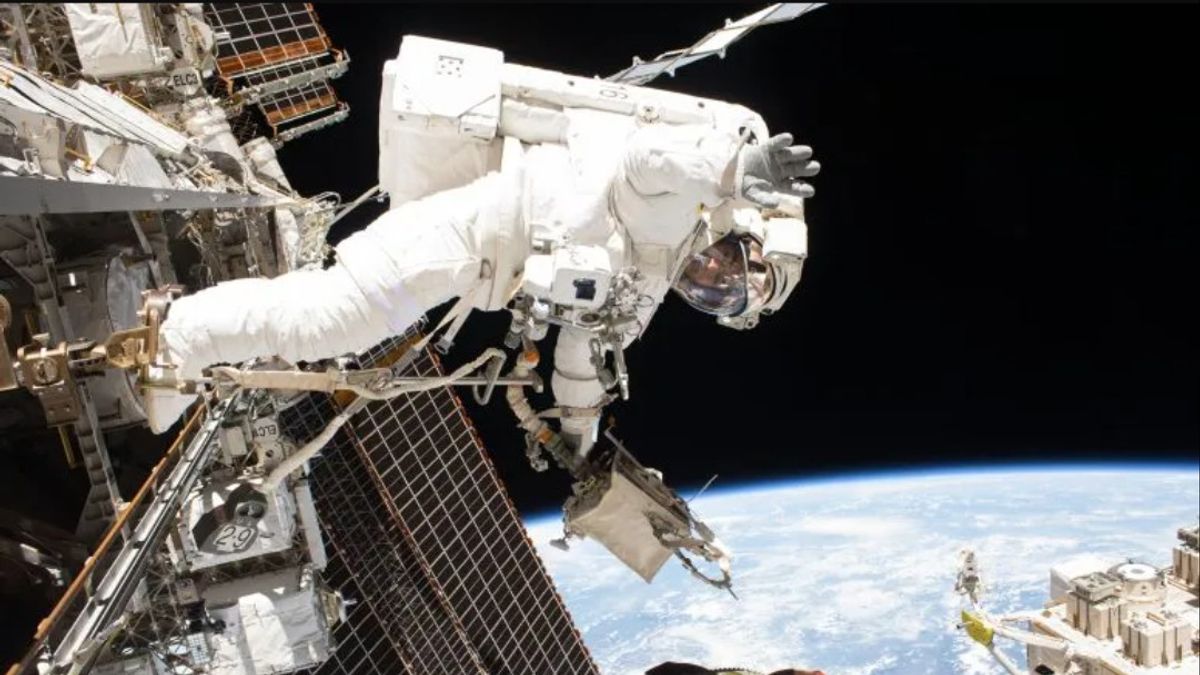JAKARTA - Some astronauts who visit the International Space Station (ISS) often carry out mission extensions from the allotted time, but doing so can cause serious health problems.
Researchers from Oregon Health & Science University and scientists across the country found changes in the fluid-filled spaces, known as perivascular spaces, along the blood vessels and arteries of the brains of astronauts who frequently carry out extended missions in space.
"This finding has important implications as we continue our space exploration. It also forces you to think about some of the fundamental questions about science and how life evolved on Earth," said senior author Juan Piantino, MD, assistant professor of pediatrics (neurology) at the OHSU School of Medicine.
A total of 15 astronauts were involved in the study, and their brains were examined before and after carrying out an extended mission on the ISS. To view the astronauts' brains, the researchers used Magnetic Resonance Imaging (MRI) to measure the perivascular spaces in the astronauts' brains.
They also took MRI measurements again at one, three and six months after their return. Astronaut images were compared with those taken from the same perivascular space in the brains of 16 Earth-bound control subjects.
By comparing before and after images, the researchers found an increase in the perivascular space in the brains of first-time astronauts, but no difference between astronauts who had previously served on space stations orbiting Earth.
"Experienced astronauts may have achieved some kind of homeostasis," Piantino said.
While the changes to the brain may sound alarming, the astronauts show no problems with balance or visual memory, so there's no reason to think they suffer any problems due to these changes.
The changes likely arise from a lack of gravity, which means that fluids tend to pool in the upper part of the body during long stays in space. This is what causes the astronaut's puffy face and deteriorating eyesight.
“We have all adapted to use gravity to our advantage. Nature doesn't put our brains at our feet, it puts them up high. Once you remove gravity from the equation, what does that have to do with human physiology?," Piantino said.
Previous research has found that astronauts' brains tend to get bigger when they spend time in space, which is also likely due to the redistribution of fluids.
In addition, it seems that the brain also adapts to microgravity conditions by relying more on visual and tactile information for balance than the brain, which is the body's vestibular system.
"These findings not only help to understand the fundamental changes that occur during space flight but also for people on Earth who suffer from diseases that affect the circulation of cerebrospinal fluid," said Piantino.
The English, Chinese, Japanese, Arabic, and French versions are automatically generated by the AI. So there may still be inaccuracies in translating, please always see Indonesian as our main language. (system supported by DigitalSiber.id)













